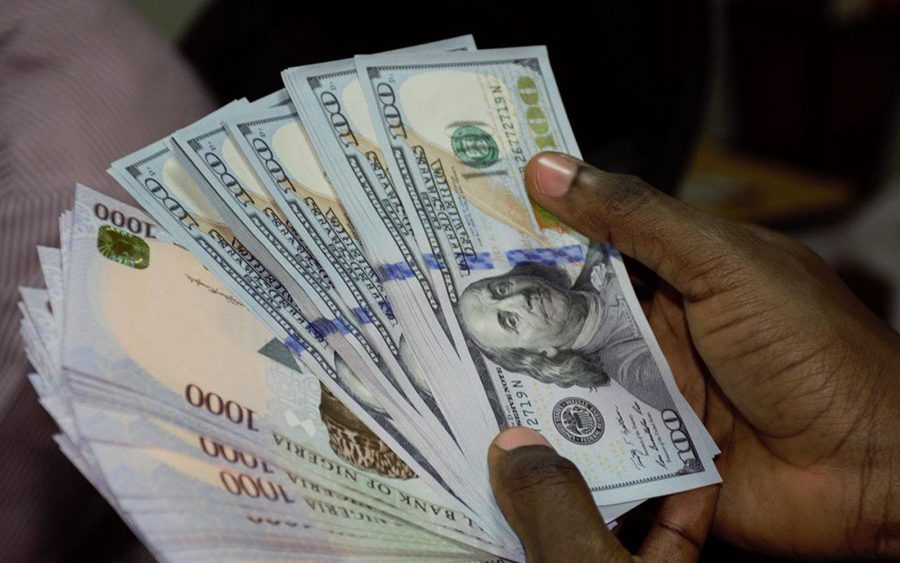The devaluation of the naira against the dollar and other major currencies is causing distress among industrialists and parents, particularly those funding international travels and education abroad. The fall in the naira has led to increased expenses for parents financing their children’s education overseas due to unfavorable exchange rates.
As of Friday, the naira had recovered to 907.11/$ on the official Investors and Exporters’ foreign exchange window, showing a 13.04% appreciation from the previous day’s figure of 1,043.09/$. However, the fluctuation is a cause for concern among stakeholders.
The naira’s value on the last working day of 2023 fluctuated between N700/$ and N1,224.10/$ before closing at N907.11/$. Forex turnover marginally improved to $89.30 million, a 6.78% increase from the previous day.
At the parallel market, the naira closed the year at N1,195/$, with a notable difference between buying and selling rates.
The foreign exchange reserves also dipped to a six-year low of $32.87 billion at the end of December, contributing to the naira’s challenges. The World Bank emphasized the need to increase forex supply in the market to enhance stability.
Manufacturers have lamented the impact of the naira depreciation on operating costs, leading to losses for several consumer goods companies listed on the Nigerian Exchange Limited. Additionally, small and medium enterprises are facing challenges, with concerns raised about loan repayment and increased production costs due to the currency fall.
Parents funding education abroad are grappling with the high exchange rate, leading to increased tuition costs. The naira’s devaluation has affected various aspects of international travel, including visa fees, hotel bookings, and airfares. Travel agents expressed frustration with the reliance on the black market for currency exchange, resulting in soaring costs for travelers.
Students studying abroad also feel the financial burden, with increased fees and challenges in accessing forex at official rates. The situation has led some students to seek alternative means, including third-party platforms, to obtain foreign currency.
Stakeholders, including industrialists, parents, manufacturers, and travel agents, are calling for government intervention to address the challenges posed by the naira’s depreciation and stabilize the foreign exchange market. The current situation is impacting various sectors of the economy and creating financial hardships for individuals and businesses alike.


